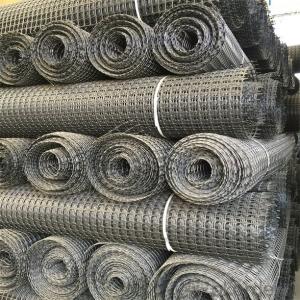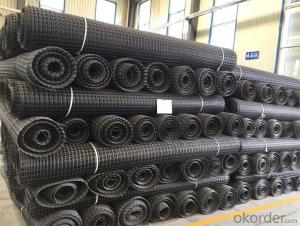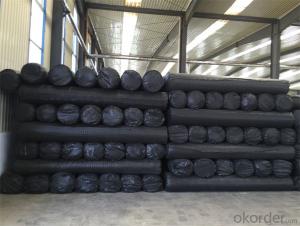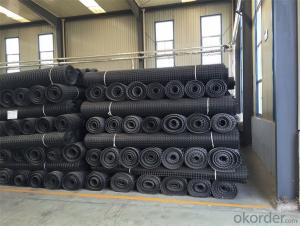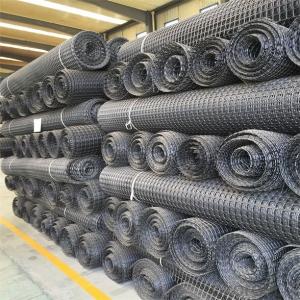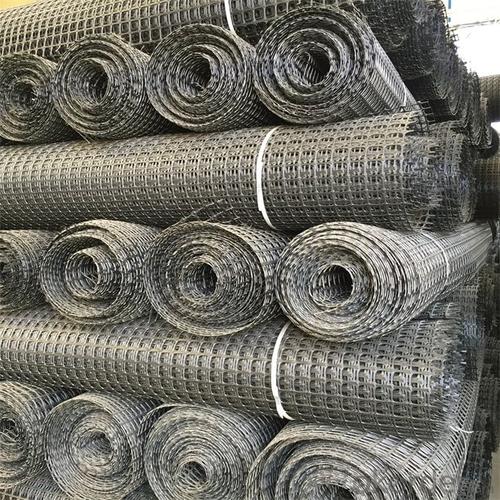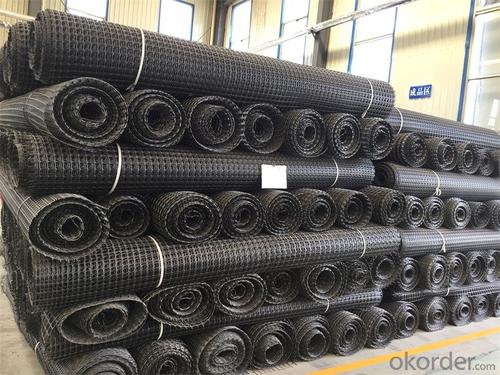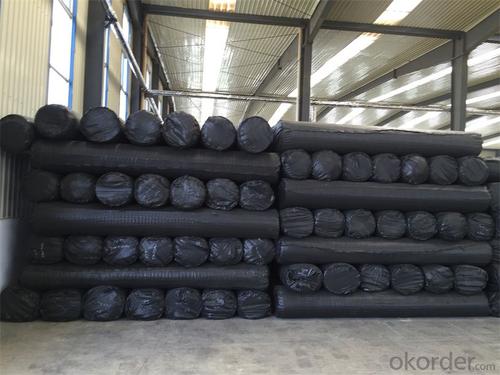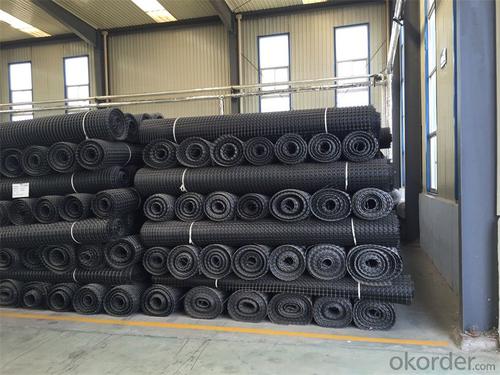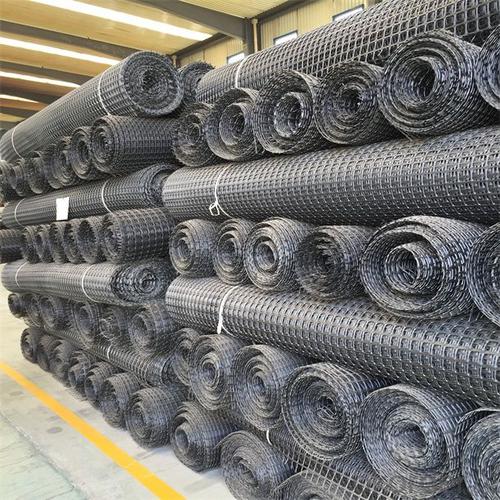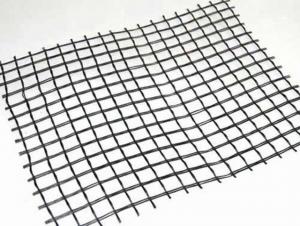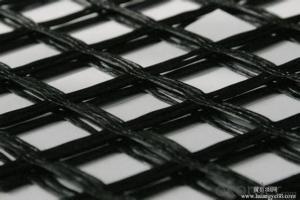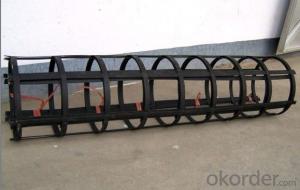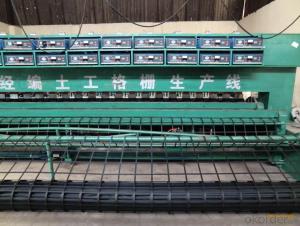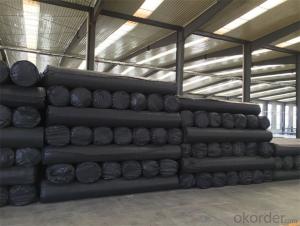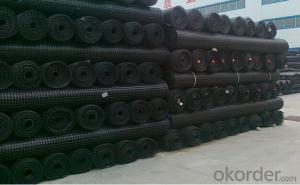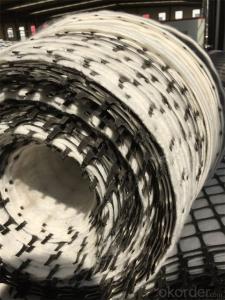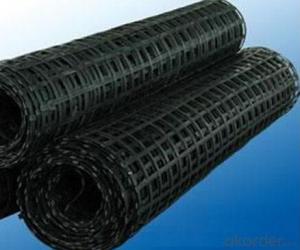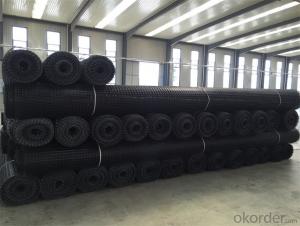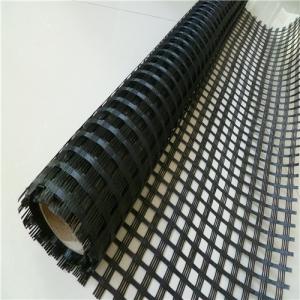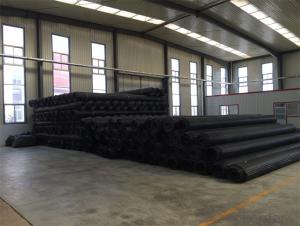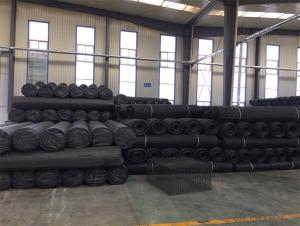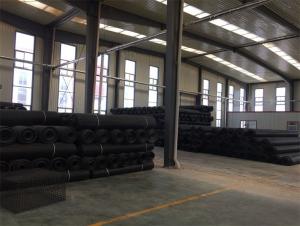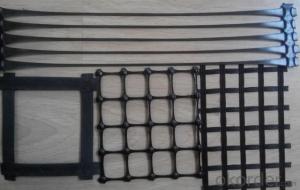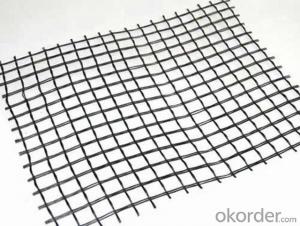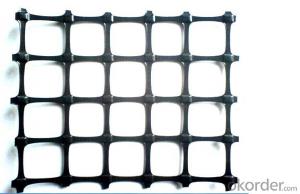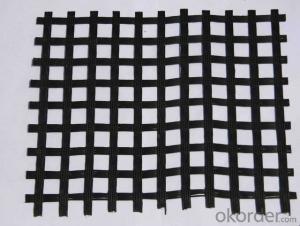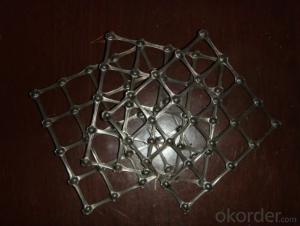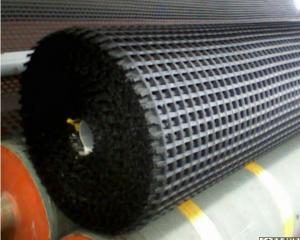Interlock Biaxial Geogrids - Fiberglass Warp Knitted Cmax Brand with High Tensile Strength
- Loading Port:
- Tianjin
- Payment Terms:
- TT OR LC
- Min Order Qty:
- 20000 m²
- Supply Capability:
- 50000000 m²/month
OKorder Service Pledge
OKorder Financial Service
You Might Also Like
Fiberglass Geogrid Introduction:
Fiberglass geogrid is a kind of planar mesh material using alkali-free fiberglass yarn as base body and then coated with high quality modified asphalt. It is warp knitted with oriental structure which gives full play of yarn strength and improves its mechanical property to make the product high tensile, tearing and creep-resistant. Moreover, the composite property of coating with asphalt makes full protection of the fiberglass matrix and greatly improves its wear and shear resistance. All the advantageous functions make the product have a good performance in pavement strengthening, track cracking and solving difficulties of strengthening the bituminous pavement.
Fiberglass Geogrid Features:
1. Light weight, high tensile strength, high modulus, low elongation and good toughness.
2. Corrosion resistance, no long-term creep, long life span.
3. Good physical and chemical stability and good thermal stability.
4. Resistant to fatigue cracking, high-temperature track and low temperature shrinkage cracking.
5. Delaying and decreasing crack reflection.
Specifications | PET20-20 | PET30-30 | PET40-40 | PET50-50 | PET80-80 | PET100-100 | PET120-120 |
Elongation(%) | 10%~15% | ||||||
Vert Tensile strength(KN/m) | 20 | 30 | 40 | 50 | 80 | 100 | 120 |
Horiz Tensile strength(KN/m) | 20 | 30 | 40 | 50 | 80 | 100 | 120 |
Grid(mm) | 12.5×12.5 20×20 24.5×24.5 | ||||||
Width(m) | 1—6 | ||||||
Fiberglass Geogrid Application:
1. Road surface asphalt overlay construction engineering; Asphalt layers
reinforcement.
2. Converting old cement concrete road into composite road; Restraining
reflection cracking caused by block shrinkage.
3. Road extension; Preventing and controlling the cracking caused by new
and old combination and uneven settlement.
4. Treatment of the conjunction between tunnel and bridge or foundation.
Packaging & Shipping:
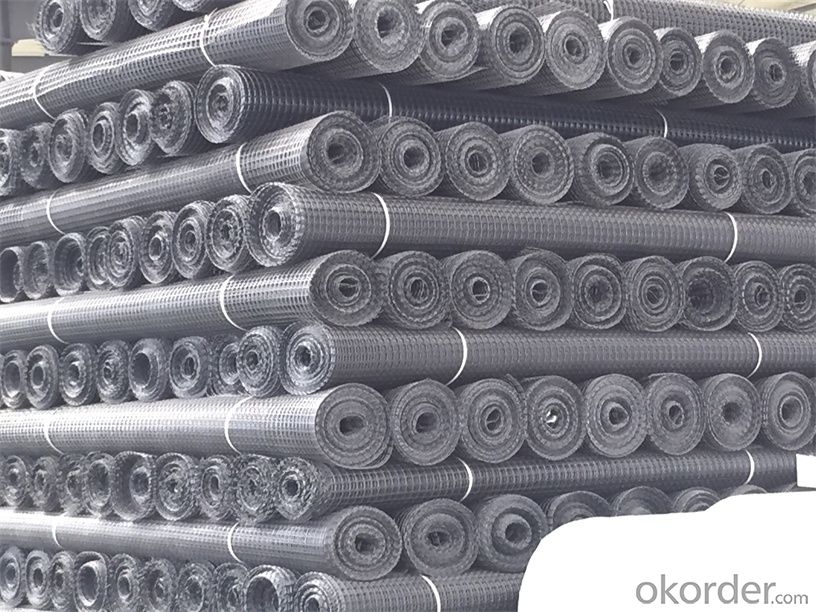
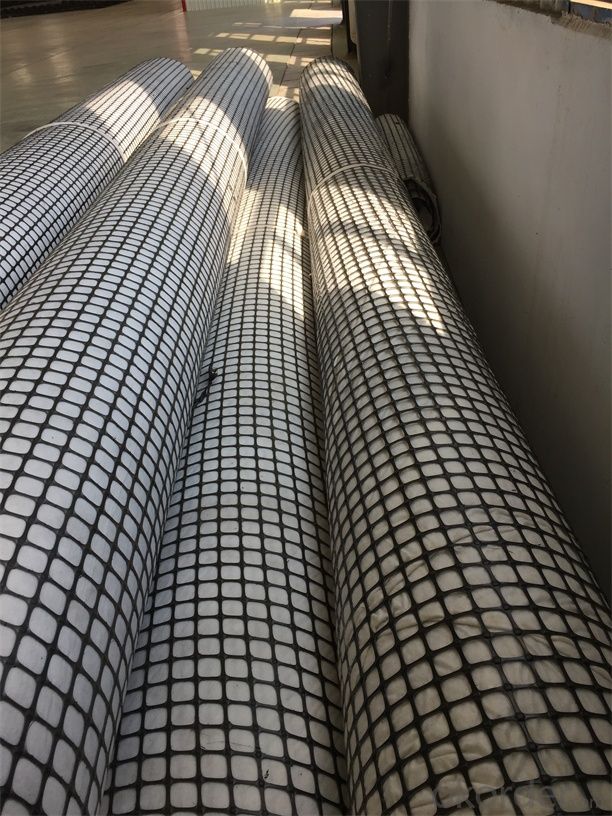
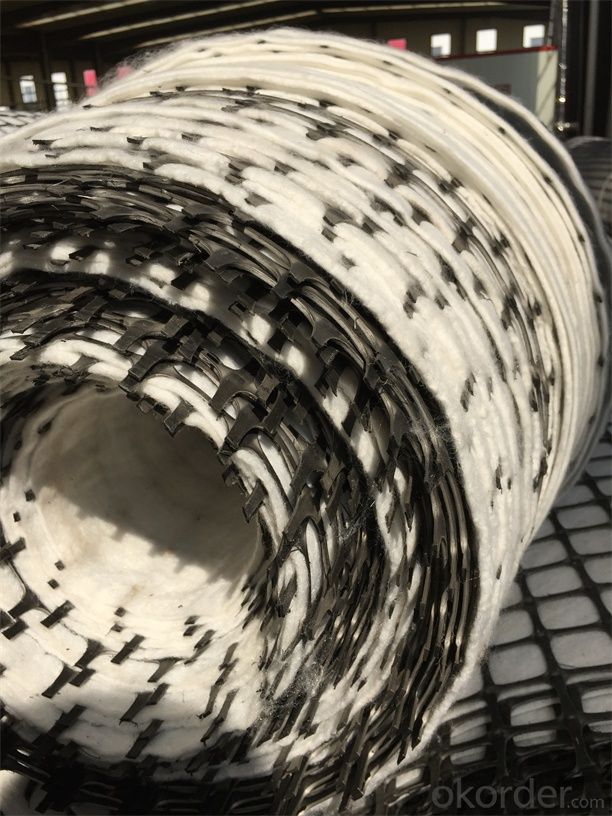
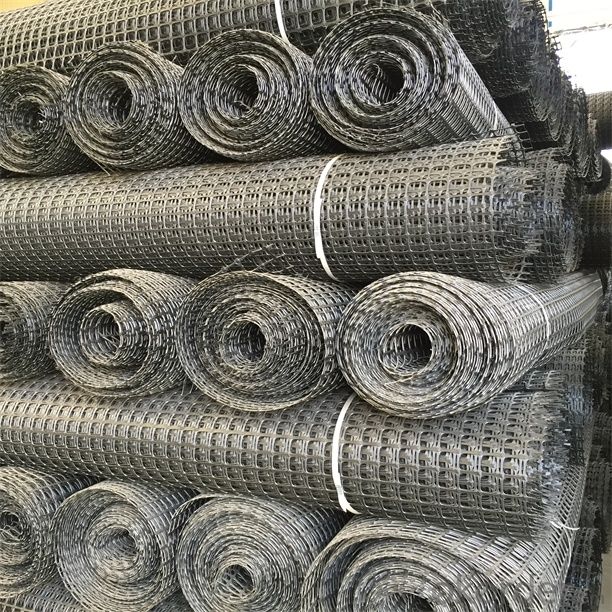
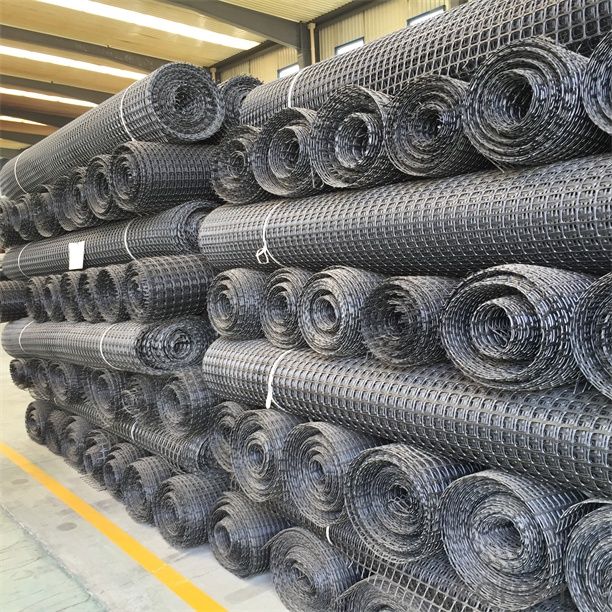
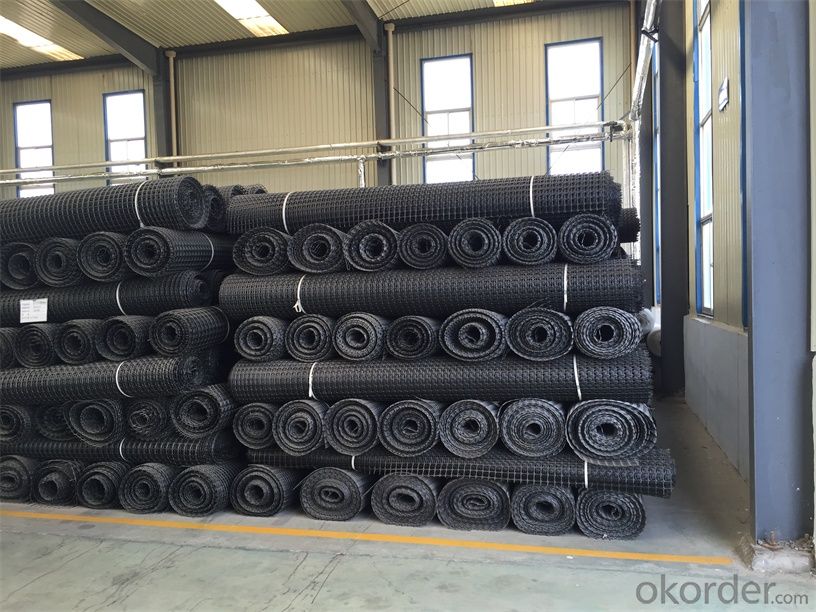
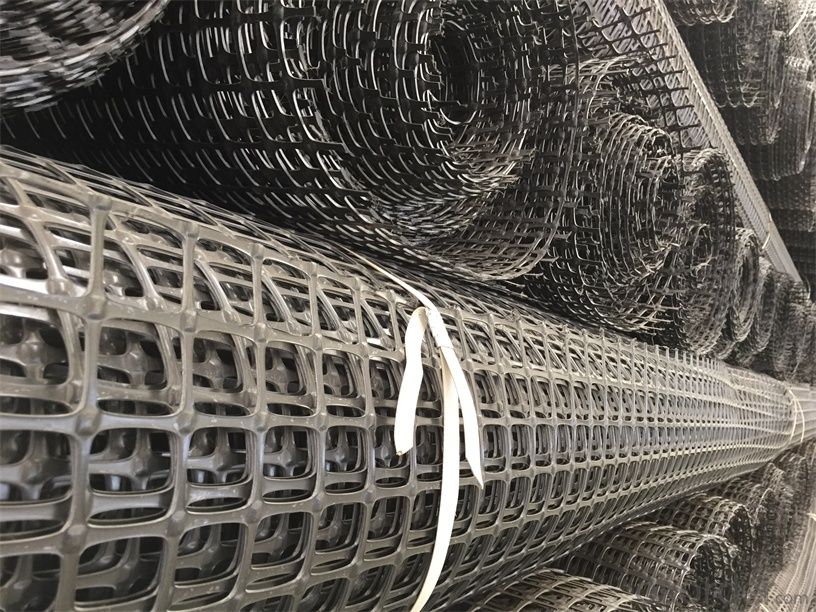
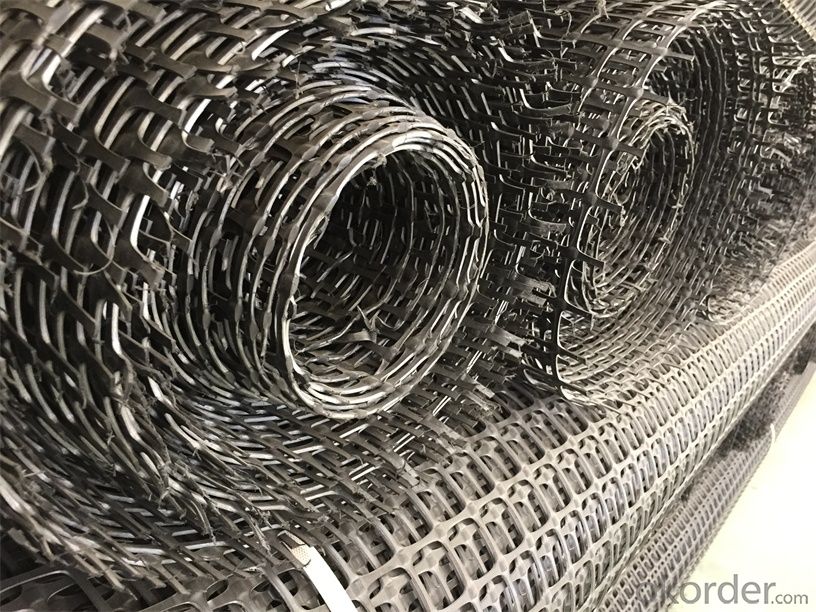
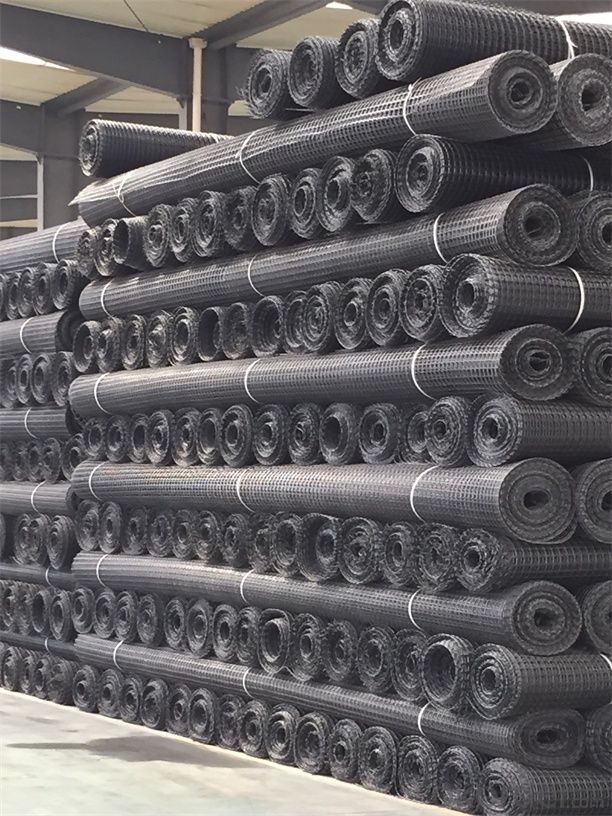
FAQ:
1. How to order your geogrid ?
a) Tensile strength in warp & weft direction
b) Grid size
c) Roll Width and length
d) Quantity
2. What is the Payment term?
a) TT
b) LC AT SIGHT
c) cash
d) 30% contact value as deposit ,the blance 70% be paid after received the copy of bl .
3. Delivery time
a) 19-25 days after received your depsit .
4. What is MQQ ?
a) 2500 m2 as MQQ , we can also produce sample for you .
Welcome to send your inquiry to us, and if you have any question, we can also help you.
- Q: Can geogrids be used in soil stabilization for sports fields?
- Yes, geogrids can be used in soil stabilization for sports fields. Geogrids are commonly used to reinforce and stabilize soil, preventing erosion and improving load-bearing capacity. They can effectively distribute loads and provide stability in sports fields, ensuring a safer and more durable playing surface for athletes.
- Q: What are the six main functions of Geosynthetics
- It can be divided into four categories: geotextile, geomembrane, special geosynthetics and composite geosynthetics.
- Q: Can geogrids be used in coastal erosion control projects?
- Yes, geogrids can be used in coastal erosion control projects. Geogrids are commonly used to stabilize soil and prevent erosion by providing reinforcement and structural support. In coastal areas, where erosion is a significant issue, geogrids can help to stabilize slopes, retain soil, and protect coastal infrastructure from the impact of waves and tides.
- Q: What is the recommended spacing between geogrid layers?
- The recommended spacing between geogrid layers can vary depending on the specific application and design requirements. However, in general, a spacing of about 1 to 2 feet (30 to 60 centimeters) is often recommended. This allows for proper interlocking and interaction between the geogrid layers, ensuring optimal load distribution and stability. It is important to consult with a geotechnical engineer or follow the manufacturer's guidelines to determine the appropriate spacing for a particular project.
- Q: Are geogrids suitable for use in reinforced steep slopes?
- Yes, geogrids are suitable for use in reinforced steep slopes. Geogrids provide additional strength and stability to the soil, preventing erosion and maintaining the integrity of the slope. They are designed to withstand high tensile forces, making them ideal for reinforcing steep slopes and preventing soil movement.
- Q: Can geogrids be used in retaining walls?
- Yes, geogrids can be used in retaining walls. Geogrids are commonly used as a reinforcement material in retaining walls to enhance their stability and strength.
- Q: Can geogrids be used in temporary construction applications?
- Yes, geogrids can be used in temporary construction applications. Geogrids are commonly used to reinforce soil and provide stability, making them suitable for temporary structures such as retaining walls, roadways, and excavation support. They can be easily installed and removed as needed, making them an effective solution for temporary construction projects.
- Q: How do geogrids improve the load-bearing capacity of soils?
- Geogrids improve the load-bearing capacity of soils by providing reinforcement and stabilizing the soil matrix. When geogrids are installed within a soil mass, they create a strong interlocking system, distributing the applied loads more evenly and reducing the potential for soil movement or settlement. This reinforcement effectively increases the soil's shear strength and overall stability, enabling it to withstand higher loads and improve its load-bearing capacity.
- Q: What is the meaning of the geogrid check bond frequency 2%
- This bond is really not heard, you say is not the kind of sticky,
- Q: Geotextiles and geogrids to do the re inspection approach?
- In theory it is necessary
Send your message to us
Interlock Biaxial Geogrids - Fiberglass Warp Knitted Cmax Brand with High Tensile Strength
- Loading Port:
- Tianjin
- Payment Terms:
- TT OR LC
- Min Order Qty:
- 20000 m²
- Supply Capability:
- 50000000 m²/month
OKorder Service Pledge
OKorder Financial Service
Similar products
Hot products
Hot Searches
Related keywords
